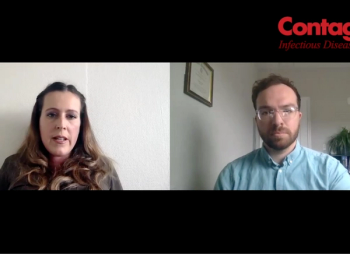
The small country's emphasis on accessible testing provided more up-to-date tracking, and opportunity for research into reinfection risk.
Kevin Kunzmann is the managing editor for Contagion, as well as its sister publication HCPLive. Prior to joining parent company MJH Life Sciences in 2017, he worked as a health care and government reporter for The Pocono Record, and as a freelance writer for NJ Advance Media, The Express-Times, The Daily Journal, and more. He graduated from Rowan University with a degree in journalism in 2015. In his spare time, he enjoys reading, cooking, running his dog, and complaining about the Mets. Follow him on Twitter @NotADoctorKevin or email him at kkunzmann@mjhlifesciences.com

The small country's emphasis on accessible testing provided more up-to-date tracking, and opportunity for research into reinfection risk.

After a year of setbacks, AZD1222 has been associated with 100% prevention of severe COVID-19 in US trial participants. Could emergency authorization come soon?
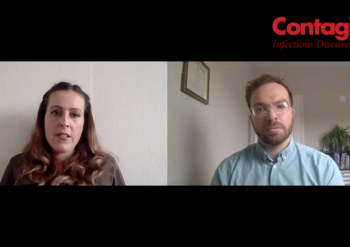
An interview on perspectives learned from a nationwide PCR test database assessment.

Regardless of symptom status, the rate of participants positive for pan-immunoglobulins with neutralizing antibodies at baseline remained stable throughout 2020.
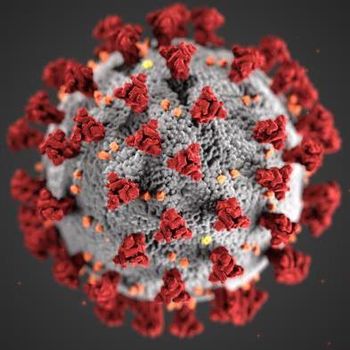
The new findings support increased protection from reinfection up to 6 months after first testing positive, though older patients are at greater risk of reinfection.
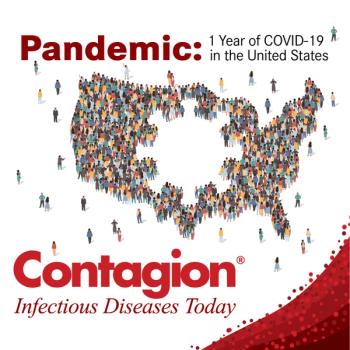
Researchers and clinicians continually failed to connect with the greater public on matters of the pandemic. What drove the divide between the already distanced groups?
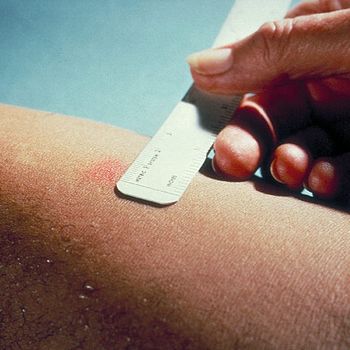
A comparative study of same-day and seven-day TB test results show there is little difference in HIV treatment adherence or outcomes at 48 weeks.
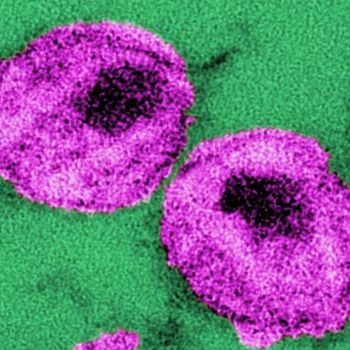
Phase 1/2 trial results showed the immunomodulary vaccine regimen could induce significant T-cell response in patients with HIV.

The data additionally show a 94% prevention against asymptomatic SARS-CoV-2 infection, at a time when the country's dominant strain was the B.1.1.7 variant.

Though the product is authorized more than 70 countries, there is currently no reported US trial data, nor application for authorization to the FDA.
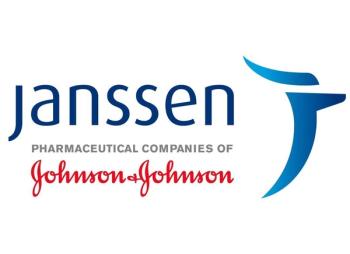
The acquisition of the Johnson & Johnson pharmaceutical company's vaccine would likely be completed in the latter half of this year.
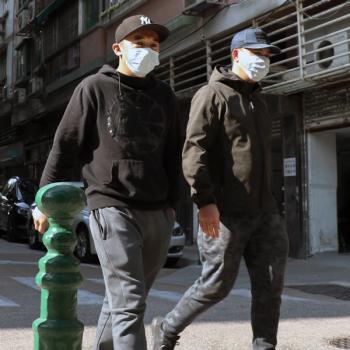
Johns Hopkins data suggest men are being hospitalized more frequently with infection, and are facing more severe outcomes.
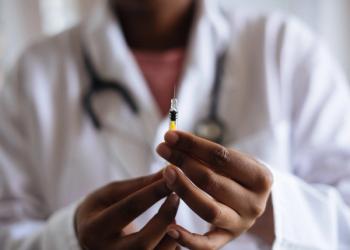
A UK health authority representative discussed the possibility of a fall season booster to prevent another winter surge of cases.
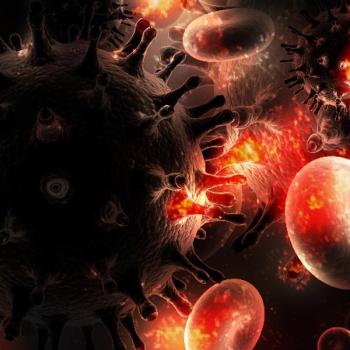
New research from the Emerman Lab at Fred Hutchinson shows potential for advancing HIV-1 life cycle understanding.

Presented at CROI, investigators have identified sex-modified inflammatory predictors of cardiovascular and VTE risks among patients with HIV.
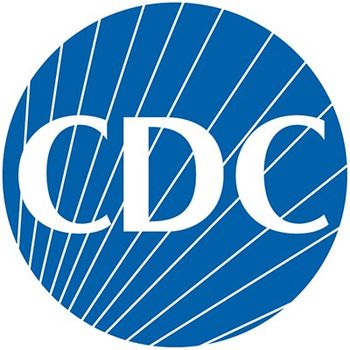
Though small in scale and still cautious, the new advisory reflects confidence in SARS-CoV-2 mitigation among a more vaccinated population.
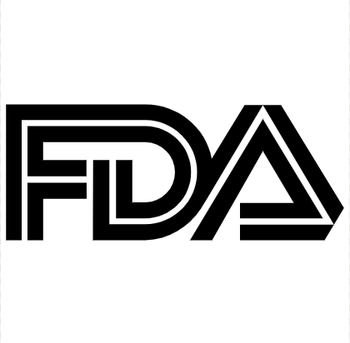
The frontline assay from Abbott will help differentiate among 4 respiratory viruses in real-time.

The statement comes on the same day as a rare production agreement between pharmaceutical rivals, and Texas' announced lift of spread mitigation measures.

Courtesy of HCPLive, here's a look at 3 new pandemic talking points covered at the annual allergy and asthma meeting.

How observed changes in SARS-CoV-2 lineage have warranted heightened priority, and why sequencing deserves better resourcing beyond the pandemic.

A team of cross-country investigators discuss their coordinated tracking of a new variant in the US earlier this year.

The new trial comes at a time when the FDA has provided guidance on navigating immunogenicity trials for vaccines designed against more transmissible SARS-CoV-2 strains.

A massive assessment of a quickly vaccinated population shows the mRNA vaccine provides greater protection over time.

Supporting EUA data for the one-shot vaccine candidate showed Americans fared best in a 40,000-participant, international trial.

A talk on optimistic, but pragmatic hopes for HIV cure and vaccine research, led by federal-level experts.

TicoVac will be decided on for both pediatric and adult people at risk of the tick-borne virus in August.
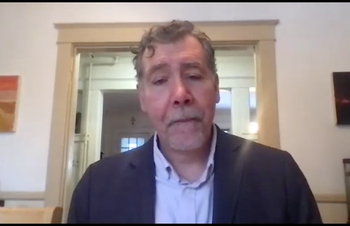
Attention to the endemic virus has lessened over years, and screening and prevention access remains limited among the most at-risk groups.

The new advisory is informed by currently-understood effect of authorized vaccines against circulating SARS-CoV-2—which show benefit nonetheless.
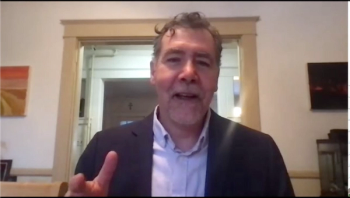
A John Hopkins expert and major study leader details the evolving epidemiology of the virus.

The news comes on the same day as new data showing the vaccine's efficacy as a single-dose prophylactic, as well as the company's application for eased storage standards for US supplies.